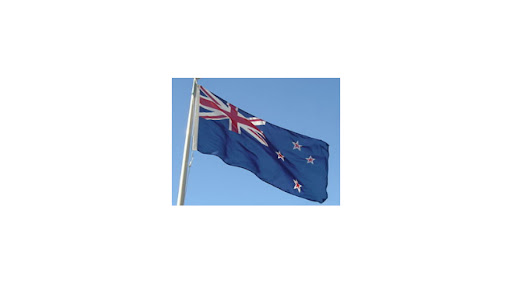By Chris Ford
Opinion - At the beginning of this week, the NZ government's loosening of Covid-19 restrictions continues when vaccine passports and scanning are dropped. These moves, among those already made including the increase in numbers permitted at hospitality venues, no limits on outdoor gatherings, and face masks no longer being required in outdoor settings, will leave disabled people and people with health conditions at higher risk of contracting Covid-19.
Effectively, this means that many disabled people and people with health conditions (particularly those who are immunocompromised) will have no choice but to self-isolate at home and not venture out. Therefore, with the introduction of these measures, the government will limit the freedom of many disabled people and people with health conditions to participate fully in community life for the duration of the Omicron outbreak's peak - and perhaps beyond.
This is simply inequitable and the government, in moving too quickly to temper down restrictions, has forgotten about the rights of disabled people and people with health conditions in this country. In taking the decisions they have, granted that these have been made with input from public health specialists, the government has extended the rights of non-disabled people and people without health conditions to participate freely in society at the expense of non-disabled people and people without health conditions.
As a disabled person and as one who works for a disabled person's organization, I have already seen and heard about the innumerable injustices and burdens which have been placed on disabled people during this outbreak. I have noted some of these in past opinion pieces on the subject of disability and Covid-19 and to refresh people's memories, these have included poor accessibility to vaccinations, minimal or no disability support services being available during lockdowns and virus peaks, people with mask exemptions being harassed, as well as difficulties in accessing food and other essentials.
That's why I, and many disabled people, believe that we've done more than enough heavy lifting of our own - and much of it unnecessarily - since Covid-19 first emerged in early 2020. Aotearoa has not been alone in respect of how it's treated disabled people during the outbreak with many of the same issues being reported by other disability communities globally, though this country could have had the ability (and still does) to lead in the area of Covid-19 and disability given our world-leading response to the pandemic.
For starters, this means that the government should slow down the pace of restriction lifting to ensure greater equity so that everyone can continue to participate in society, whether they be a disabled person or non-disabled person or person with a health condition or without, as Covid-19 infections begin to subside. I know that calling for these kinds of moves isn't currently popular but it will mean that, as my good friend and disability activist, Dr. Huhana Hickey stated about a fortnight ago, it would mean that, for example, her wife and friends could go out to a cafe which had a vaccination pass requirement and thus not have to think about the risk of becoming infected while in an indoor public venue.
As for myself, I have been limiting my interactions in the community but have still been able, as I did this past Friday night, to go out to a pub with friends in my home neighborhood of South Dunedin for a meal with the added protection that the venue concerned had vaccine passport requirements for entry.
As of Monday though, with vaccine passport requirements dropped, I will have to tread more wearily than before while Omicron and other Covid-19 variants continue to sweep across the motu. In reality, though, I and other disabled people shouldn't have to as the government should continue with vaccine passports and scanning until such time as Covid-19 is declared to have entered an endemic phase (which could happen later this year) or is far less transmissible to the degree where hospitalizations and deaths are extremely low (in single digits or preferably none) and hence manageable. In other words, we're getting there with gradually declining numbers of Covid-19 Omicron infections but we're not there yet.
While I concede that the government have made some welcome moves for disabled people, including the introduction of free RAT home delivery and home testing services, these initiatives are still not enough. I believe that we need support including a government guarantee that disability support services will continue to be delivered throughout the remainder of the Covid-19 outbreak - given that I and others have heard that disabled people are not getting the support services they need including essential home help. Also, free N-95 masks are available for disabled people who like myself get individualized funding to employ support workers but this should be extended to include all disabled people and low-income earners who qualify for Community Services Cards. In fact, the Green Party has called for this very measure to be introduced but so far there's been no action from the government.
Ultimately, the government should continue with vaccine passports, masking, and scanning requirements until we reach the much-hoped-for green light setting. Otherwise, Aotearoa runs the risk of not only witnessing an even worse Omicron outbreak during winter but one which could put all of the efforts we've made in containing the virus at risk. And that's one good reason why every New Zealander, including disabled people and people with health conditions, needs an assurance that we will all be as protected as we can be while gradually enjoying the newly reclaimed freedoms we now have.
* Chris Ford is a Dunedin-based freelance writer and researcher. He also works as Senior Kaituitui for Disabled Persons Assembly New Zealand and as a research assistant at the University of Otago. The views expressed in this piece are his own.
Yours sincerely
Frank Short



